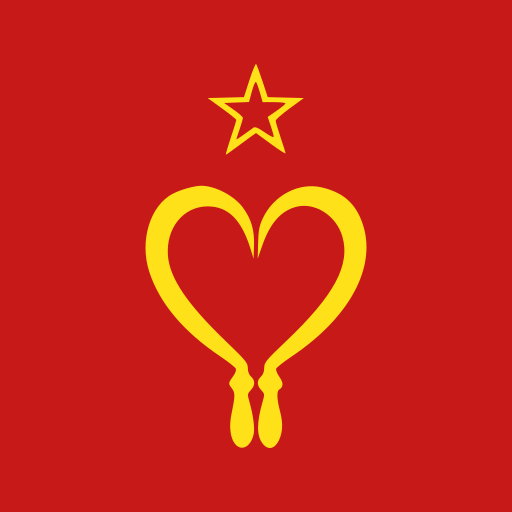

Real headline: gamers design olympic women’s track outfit for nike


Real headline: gamers design olympic women’s track outfit for nike

The idea that Malcolm Gladwell is smart is the funniest thing he said


Cool, now do Afghanistan before the Mujahedeen


Figured as much, advice more directed toward anyone who does


Answering your own question, don’t put breadtubers on a pedestal.


This is a great resource for illustrating different regions of the brain, like the tomgfcerty, the Endecelest racion, Galagacrial region, and Intervaiscailance Raclan. There is even a good illustration of the Olmformforlmery!


Its like a Capri Sun but the straw is the barrel of a tank


Had Sancho [Stirner] understood the fact that within the framework of definite modes of production , which, of course, are not dependent on the will, alien practical forces, which are independent not only of isolated individuals but even of all of them together, always come to stand above people — then he could be fairly indifferent as to whether this fact is preserved in the religious form or distorted in the fancy of the egoist, above whom everything is placed in imagination, in such a way that he places nothing above himself. Sancho would then have descended from the realm of speculation into the realm of reality, from what people fancy to what they actually are, from what they imagine to how they act and are bound to act in definite circumstances. What seems to him a product of thought , he would have understood to be a product of life . He would not then have arrived at the absurdity worthy of him — of explaining the division between personal and general interests by saying that people imagine this division also in a religious way and seem to themselves to be such and such, which is, however, only another word for “imagining”. – KM, The German Ideology
These arguments take material relations and equate them to ideas. As usual it doesn’t matter what nonsense you believe, as long as you don’t believe in communism. As such, the argument that one could equate a material relation with an idea is itself an idealistic, practically religious conceptualization. Basically, Pretending material relations are just ideas. The critiques he makes would be more appropriately turned on his own “religious” idealism.
There’s no criticism that Marx didn’t anticipate, if these sophists bothered to read they would know that instead of trotting out the same tired old lies for the last 150+ years. Its sad.


Rare Harvard W


He was willing to, but an angel of god stopped him at the last second. It was all a prank bro.
It was Abraham, who circumcized all of his slaves because god say.


Yep. GrapheneOS


deleted by creator


deleted by creator

Do it.
I will start a free lunch program the next fucking day, I have a whole city full of fucking commies ready to go, I will feed your babies bellies delicious food and I will feed their minds revolutionary proletarian theory. I will teach their parents about Marx and Lenin and Fanon, Luxemburg and Kwame Ture. and we will take this shit over.
Ideologically driven psychos forget how this shit started in the first place. We remember.


Thanks for hearing me out comrade, I’m a bit of a stickler when it comes to dialectics and I worry about people who use the term as a shibboleth without really understanding the methods. I don’t think this is the case with you, you are open about your self criticisms which is the key to personal growth.


From my perspective, the Chinese project as evolved into something like trying to wrap a great socialist party around a capitalist economy in an effort to mitigate the disastrous consequences of capitalist development and prevent the state from becoming subordinate to market forces. Capitalism always requires a strong state in order to function. Western nations chop up state power so that market forces determine the agenda of imperialism. Socialist or burgeoning socialist nations seem to try to keep the state as strong and centralized as possible, while (somewhat attempting) discouraging the individual accumulation of political power to stave off corruption and consolidation of personal interest. This seems to be one of the main points of failure of this model, but the extent to which the country is successful is the extent to which they are able to persist and project the possibility of socialist society into the future.
I’m open to critique of this analysis as I’m aware of some assumptions present in my method.
I found the movie kinda bland when I saw it but I just read the book and it was really good. Not sure why the movie made it kinda hard to care about the characters